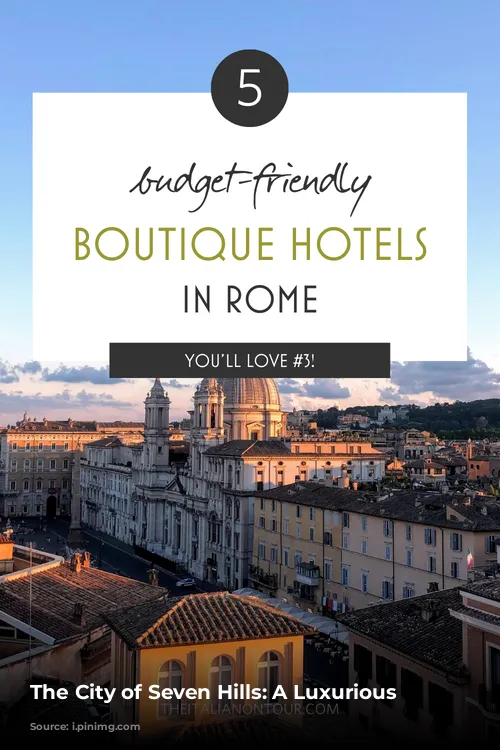Rome, once a city brimming with authentic Roman charm, is undergoing a dramatic makeover. Luxury hotels are popping up like mushrooms after a rain, transforming the landscape and leaving some locals wondering if their beloved city is losing its soul.
A City of Opulence
“Rome is now the city of luxury hotels,” remarks Giuseppe Botrugno, owner of Bar San Marcello. His modest bar, a haven for budget-conscious Romans, is surrounded by gleaming, newly-renovated hotels. Botrugno sees the influx of opulent accommodation as a double-edged sword. While he acknowledges the beauty of restored buildings like Palazzo Salviati Cesi Mellini, now home to the prestigious Six Senses hotel, he fears the city’s traditional character might fade under the weight of luxury.
“The move in this direction is inevitable, as what rules today is money,” he sighs, reflecting a growing concern among some residents.
A Tourism Boom, But at What Cost?
Rome’s transformation is a conscious decision by city leaders. The Italian capital has become a magnet for top-tier hotels, attracting the likes of Bulgari, Four Seasons, and Nobu. This surge in luxury tourism has pushed Rome into second place behind London for attracting the world’s most luxurious hotels.
The city’s mayor, Roberto Gualtieri, sees the influx of luxury hotels as a sign of Rome’s resurgence. However, critics argue that the focus on high-end tourism is pushing out local businesses and residents, sacrificing the city’s unique charm for profit.
Balancing Luxury and Authenticity
Vanna Mannucci, an advisor at the heritage group Italia Nostra, expresses concern about the displacement of locals and smaller businesses. “Without residents, the city dies,” she warns. “It will also squeeze out smaller hotels offering rooms to those who can’t afford to pay €500 a night.”
Riccardo D’Aquino, another member of Italia Nostra, voices concerns about the impact of high-end renovations on historical buildings. “What worries me is that this change is not being well managed,” he says, pointing to the Six Senses hotel’s modern Roman-style baths as an example of potential historical compromise.
The Struggle for Balance
The rapid rise of luxury hotels has also sparked frustration among owners of smaller hotels. Steve Brenner, owner of the Beehive hostel, believes that small businesses are being overlooked while international investors receive preferential treatment. “It kind of pisses us all off as we feel that small hotels are the city’s bread and butter,” he says, highlighting the disparity in treatment.
Sergio Franci, owner of Antica Stamperia Trevi, a printing shop that has stood on Via dell’Umiltà since 1780, welcomes the influx of luxury hotels but stresses the importance of preserving Rome’s historic businesses. He fears that the focus on luxury tourism might overshadow the city’s authentic character.
“Rome doesn’t have the dignity that a capital city deserves,” Franci says. “Rome needs more than five-star hotels – it needs a long-term vision.”
As Rome embraces its new era of luxury, the city faces a critical challenge: how to balance the allure of opulent tourism with the preservation of its cultural heritage and the needs of its residents. The city’s future will depend on its ability to strike a balance between economic prosperity and the soul that has made it a beloved destination for centuries.
